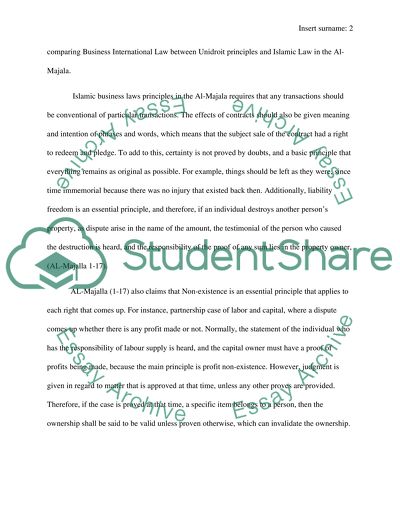Cite this document
(“International Business Law COmparative between Unidroit principles and Essay”, n.d.)
Retrieved from https://studentshare.org/law/1393930-international-business-law-comparative-between
Retrieved from https://studentshare.org/law/1393930-international-business-law-comparative-between
(International Business Law COmparative Between Unidroit Principles and Essay)
https://studentshare.org/law/1393930-international-business-law-comparative-between.
https://studentshare.org/law/1393930-international-business-law-comparative-between.
“International Business Law COmparative Between Unidroit Principles and Essay”, n.d. https://studentshare.org/law/1393930-international-business-law-comparative-between.


